
For Viet Pham, MD, otolaryngology is not just a medical specialty; it is a perfect blend of science, problem-solving, and hands-on care that keeps every
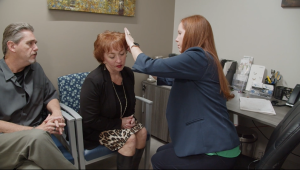
Hearing loss affects millions, but today, innovative hearing solutions are changing lives in North Texas. From advanced hearing aids to cutting-edge cochlear implants, technology is

For Benjamin Damazo, MD, otolaryngology is “a field that involves diverse and unique anatomy with treatment that incorporates both medical management and procedural-based endeavors that’s
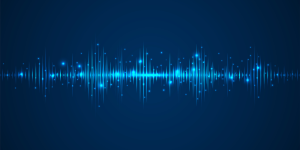
Written By: Benjamin Damazo, MD Voice disorders can significantly impact daily life, especially for those who rely on their voice for work or personal expression.

Ear, nose, and throat (ENT) concerns are more common than you might think. From ear infections to sinus problems, ENT specialists play a crucial role

A new year means new opportunities to take charge of your health. If you’ve been putting off addressing your ear, nose, and throat (ENT) concerns,
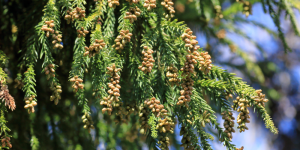
As winter approaches, many North Texans brace themselves for cedar fever season. This intense allergic reaction to mountain cedar pollen can disrupt daily life, leaving

Allergies can significantly disrupt daily life, affecting productivity and overall well-being. According to the Asthma and Allergy Foundation of America, more than 100 million people
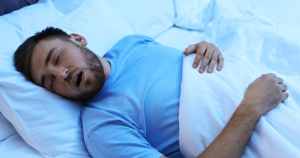
Do you wake up feeling groggy, struggle to stay alert during the day, or feel like no amount of coffee can shake off that persistent

If you’re one of the millions of Americans suffering from allergies, you know how disruptive they can be. Seasonal sneezing fits, itchy eyes, persistent congestion,

Children often face a variety of ear, nose, and throat (ENT) issues that can impact their comfort, health, and development. It can be challenging for
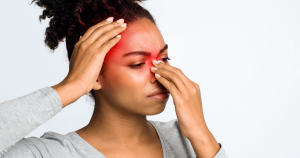
Chronic sinusitis can be a frustrating condition that disrupts daily life with symptoms like nasal congestion, facial pressure, headaches, and difficulty breathing. While over-the-counter treatments

As the holiday season approaches, many individuals and families look forward to gatherings, festivities, and cherished traditions. However, this time of year can also pose
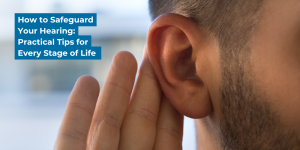
Your hearing connects you to the world in ways you might not even realize, from conversations with loved ones to the enjoyment of music and

Role of Medical Assistants in Patient Care Behind every successful ear, nose, and throat (ENT) practice is a dedicated team of professionals working together to






Allen
Carrollton
Celina
Flower Mound
Frisco
Lewisville
McKinney
Plano